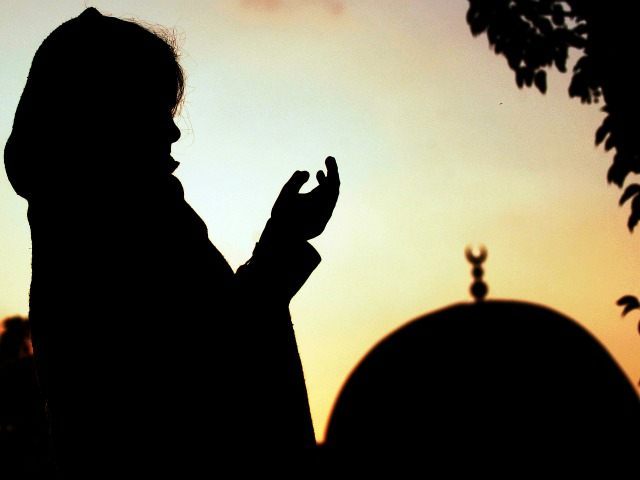Turkey has an official directorate in charge of interpreting Islamic law, popularly known as the Diyanet. It has a website where people ask questions about various aspects of Islamic law. The website recently stirred up controversy by issuing a fatwa, or religious ruling, which asserted that fathers having lustful feelings toward their own daughters are not necessarily violating religious law, provided the girl is over nine years of age.
The Diyanet now says this ruling was a “misinterpretation,” and the officials responsible have been fired.
Al-Monitor translates the question that stirred up this controversy as, “Would my marriage be void if I lust for my own daughter?”
An unidentified ulama, or Islamic scholar, replied that it was not an open-and-shut case. “There is a difference of opinion on the matter among Islam’s different schools of thought,” he asserted. “For some, a father kissing his daughter with lust or caressing her with desire has no effect on the man’s marriage.”
Al-Monitor writes that after “elaborating in graphic and disturbing detail about girls’ attire,” the ulama suggested, “The girl should be over nine years of age.” For good measure, he wrapped things up with an “explanation about differences in sexual arousal between males and females.”
Al-Monitor hastens to point out that incest is prohibited in the Koran, and under Turkish law.
Evidently someone at the Diyanet quickly realized this hideous incest fatwa was going to cause trouble, because it was yanked off their website, but not before Turkish news organizations and social-media users got screen captures of it.
A firestorm erupted on Turkish social media, including some rather twisted defenses of the fatwa, along with conspiracy theories alleging it was a “false-flag” posting written by saboteurs out to discredit the Diyanet and/or ruling political party in Turkey.
Today’s Zaman notes that Turkish President Recep Tayyip Erdogan has been floating the idea of a “parallel structure,” or shadow government – a network of sinister, disloyal bureaucrats out to sabotage his administration. Within a few days of the incest fatwa scandal erupting, Turkish officials were floating the “parallel structure” as a possible culprit for attempting to discredit the Diyanet by posting the outrageous fatwa.
Today’s Zaman reported that when it became clear the public wasn’t going to swallow the shadow-government theory, Diyanet officials implied their website might have been hacked, and shut down the Q&A section of their online service to “prevent abuse.”
As Al-Monitor puts it, the religious directorate seemed to be more upset at the press and Internet users for publicizing the fatwa than they were at its authors. There were even threats of legal action against news organizations that published the story.
On Saturday, Hurriyet Daily News reported that the Diyanet decided to play the incest fatwa as a mistake, caused by a “misinterpretation” of Arabic, although it is not clear who supposedly misinterpreted what. The officials responsible for the incest fatwa have allegedly been sacked.
Diyanet officials doubled down on attacking the media for reporting the story, accusing them of pumping up the controversy with “false news engineering.”
The head of the religious directorate , Mehmet Gormez, even accused those who made a big deal about the fatwa of stoking “Islamophobic hate,” and portrayed the story as an attack upon “Islam itself,” as well as amounting to “the worst defamation against the Diyanet ever.”

COMMENTS
Please let us know if you're having issues with commenting.